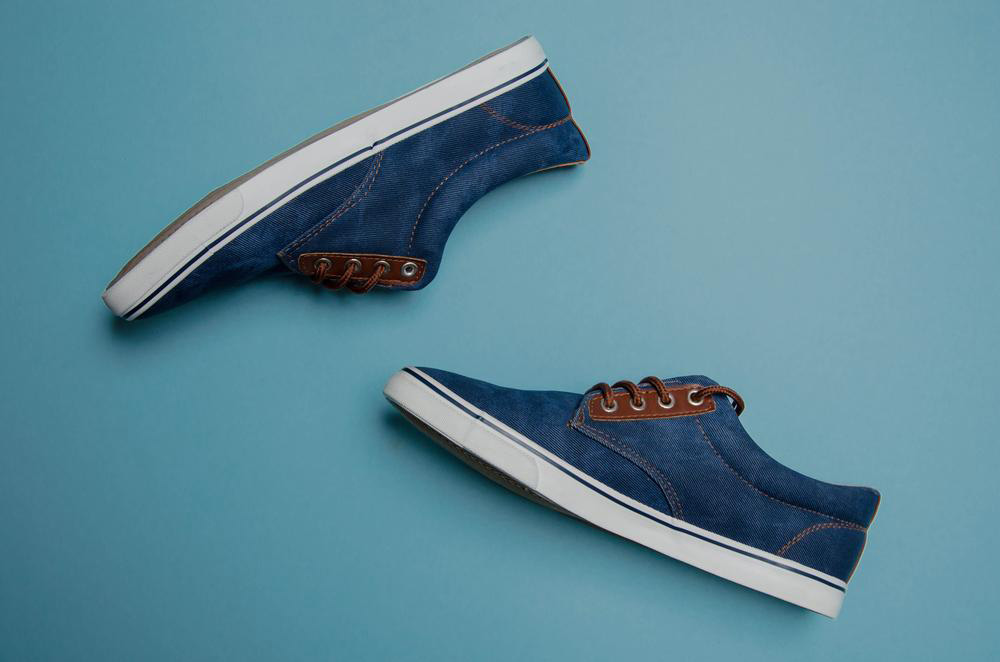Cole Haan shoes: History and evolution
If you are a person who is fashion conscious, you would have definitely heard the name, Cole Haan. This 80-year-old company has been in the footwear business for a long time now. They started with making shoes for men and expanded to footwear for women and children. They also make fashion accessories like eye wear, handbags, hosiery, and scarves.
The Name
The company was started by Trafton Cole and Eddie Haan in 1928.

The Takeover
In 1975, the company was sold to a group of partners headed by George Denny. Using the name established by the company, he worked to make it an international brand. To improve the quality of their shoes, George Denny moved the factories to Mexico. In 1979, they started manufacturing footwear for women as well. The company expanded to sell their footwear through retailers in 1982. By 1996, their annual sales were $70 million.
International Presence
Under the leadership of George Denny, the company strived to expand internationally. They targeted Europe by introducing a new line of driving shoes. These were the first driving shoes ever introduced. Motorists preferred them for the comfort they provided. This style was Cole Haan’s best seller in the continent. It was sold by 300 retailers in Paris alone.
25 Years Of Nike
Nike bought the company for $80 million in 1998. Nike was originally in the athletic footwear business. They first ventured into formal footwear with Cole Haan’s. Nike replaced 60% of the Cole Haan shoes with fresh styles. In 2000, they introduced their new range of shoes designed with the Nike Air technology. These shoes were one of their most sold products. They were preferred for their light-weight.
Other merchandise
With the success of their new line of shoes, they decided to expand further. The plan was to use the same Nike Air technology for travel merchandise. For the first time, they decided to license an outside company called G-III apparel group. They manufactured leather and fabric outerwear and clothing under the Cole Haan name.
Independent Expansion
The company was sold by Nike to APAX partners in 2012. They are now a completely independent brand which continues to focus on expansion. Their newest headquarters is in Greenland, New Hampshire. The company has offices in over 70 locations today.
The Make
The Cole Haan shoes are made by a single person who oversees the making from the beginning to the end. From the cutting of the leather to when they are packed into boxes, it is overlooked with precision and care. This gives a personal touch to the shoes. The leather that is used to make these shoes is bought from Horween leather company.
The Cole Haan brand switched several hands from the time it was started. Under each leadership, the quality associated with the brand’s name was retained. The brand is keeping up with modern designs while retaining the original craftsmanship. The company continues to focus on manufacturing quality footwear and meeting the needs of the fashion industry.